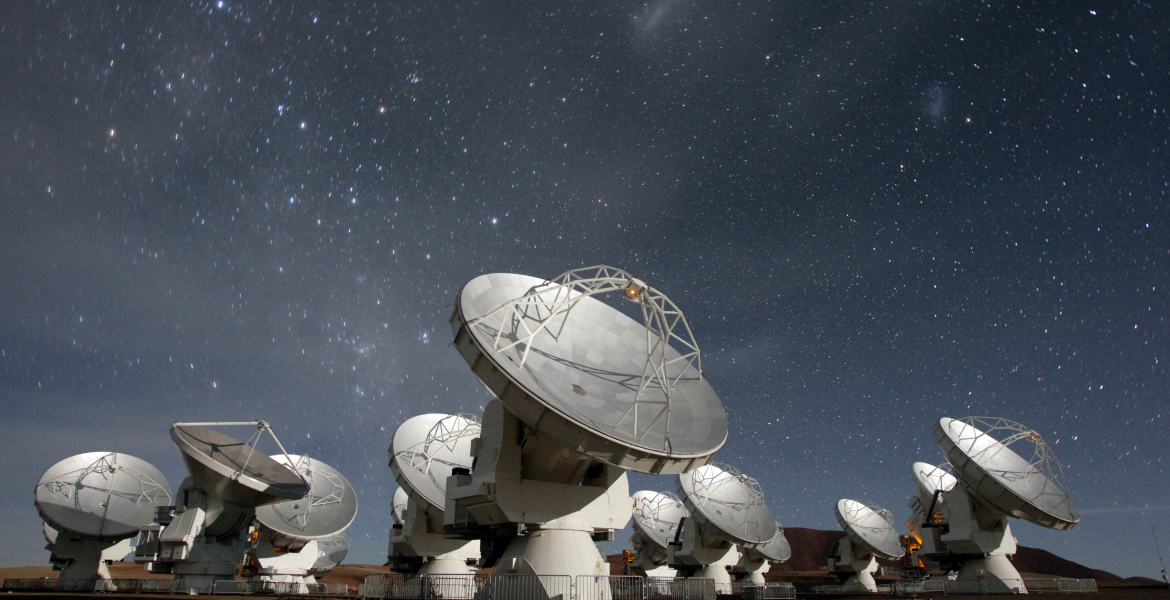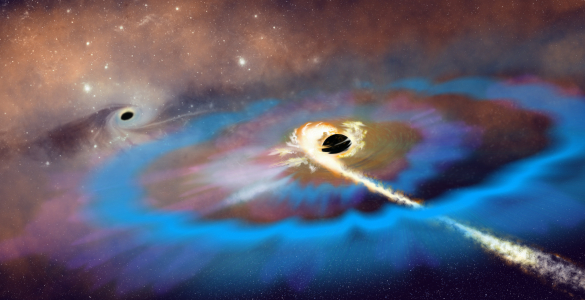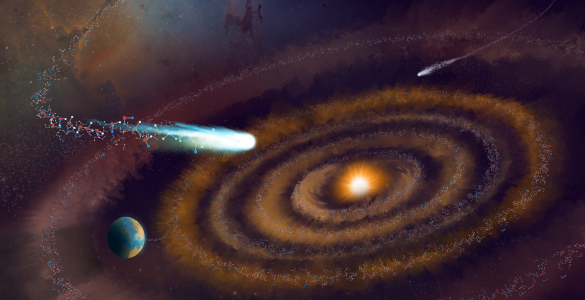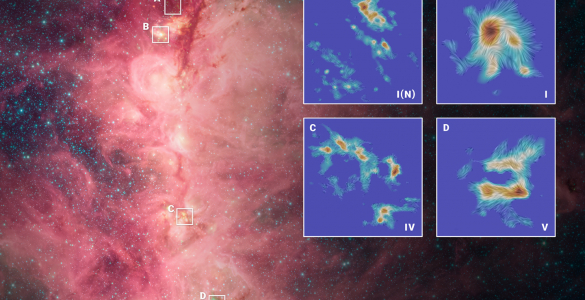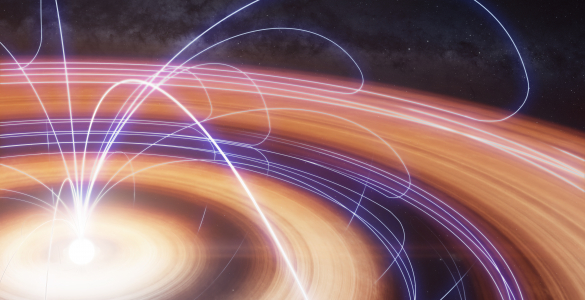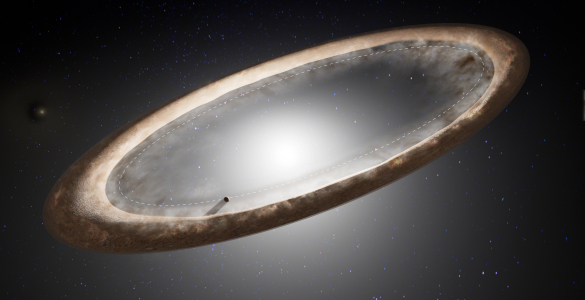The Atacama Large Millimeter/submillimeter Array (ALMA) is thrilled to announce that a record-breaking total of 4,250 hours of science-quality data were successfully collected on the 12-m Array during Cycle 10. This surpasses the previous record of 3,787 hours achieved during Cycle 5, reflecting a significant enhancement in observational efficiency and scientific output. ALMA also set new records on its other arrays, with 3,769 hours recorded on the 7-m Array and 2,723 hours on the Total Power Array.
“This accomplishment is a direct result of the exceptional teamwork and dedication of everyone involved in the ALMA collaboration,” commented Sergio Martin, ALMA Head of the Department of Science Operations. “Achieving this level of scientific output reflects the improved operational efficiency that allows us to better cope with the growing demand for ALMA’s cutting-edge capabilities. We are excited to see the scientific discoveries emerging from the unprecedented amount of data that ALMA collects.”
This remarkable achievement is a testament to ALMA’s global team’s hard work, coordination, and dedication, including the Joint ALMA Observatory and the partner regions in East Asia, Europe, and North America. The steady increase in observing hours across recent cycles showcases ALMA’s ongoing commitment to pushing the boundaries of astronomical discovery.
This news was originally created by the Joint ALMA Observatory.






